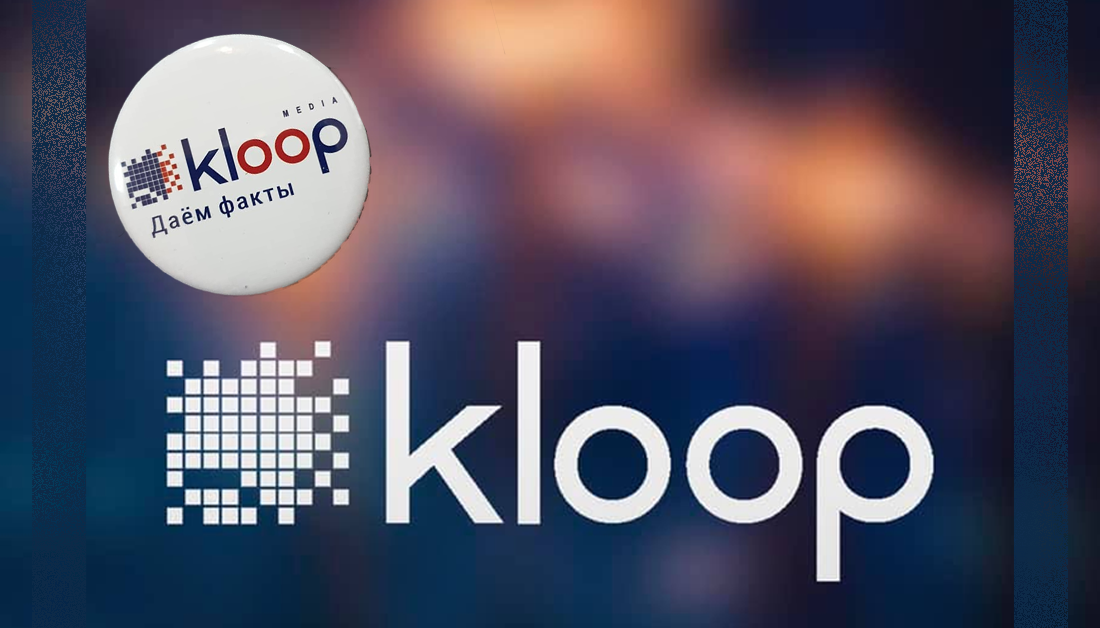Local Journalism Project Case Study: Kloop (Kyrgyzstan)
The backstory:
Kyrgyzstan lacks independent media organizations that hold the government accountable. In response, Kloop was founded in 2007 by Bektour Iskender and Rinat Tuhvatshin and has become both a news website with a local focus and a journalism school known for teaching investigative reporting and media literacy. In recent years, Kloop has become one of the country’s most popular news sites and has moved to train many journalists from outside of he capital, Bishkek, to report on remote areas to bridge the gap between rural and urban areas of the country. Kloop became especially prominent in 2010 for its coverage of the Kyrgyz revolution and its investigations into alleged criminal activities of the son of the president of Kyrgyzstan.
Audience:
Kloop’s audience is broad and has strong roots in Bishkek but also around more rural parts of the country. Kloop initially had content only in Russian, but expanded with a Kyrgyz-language version. In particular, Kloop aims to serve those who seek transparency and accountability from the government.
Value proposition:
Kloop seeks to hold those in power accountable and improve the quality of the media for local communities in Kyrgyzstan. It says it is known as a newsroom that won’t give into pressure from any outside groups or the government. Through teaching Kyrgyz youth about journalism, monitoring elections, and investigative data reporting, Kloop builds demand for trustworthy local news in Kyrgyzstan.
Products and distribution:
Kloop distributes daily news through its website and social media channels. Kloop is unique in that it also functions as a journalism school and has trained hundreds of Kyrgyz people in media literacy and journalistic practices. It also functions as an innovation hub for projects that aren’t always directly related to journalism. The outlet is also expanding its reach through creating viral TikTok content as well as videos and broadcasts to accompany reporting.
The team:
Kloop has 60 employees spread between two offices in Bishkek and Osh, the two largest cities in the country, and a wide network of freelancers and student journalists. Kloop has taken advantage of how small the country is to train many journalists from outside of Bishkek to report on content from more rural areas to bridge this gap. Kloop is comprised of a newsroom, an award-winning investigative journalism department, and a data department, which is working on developing technology. Kloop also has a fundraising department, an election monitoring department (which has become the largest election monitoring organization in the country), and an education department, which provides journalism and general media literacy education. They even have a team that is working on building a satellite.
Business model:
Kloop has a diverse revenue stream. It is funded mostly through grants and crowdfunding. Kloop also has some commercial activities such as partner content that is produced with companies, which is highlighted as such. Kloop underscores that it is independent and does not allow money to influence news operations in any way. The organization also charges for its education programs.
Trust/misinformation:
Kloop has done a great deal of work to counter misinformation. The team runs stories that debunk misinformation and also provides analysis on social media bots and how they influence internet activity. Kloop also teaches media literacy in its courses. In 2017, Kloop received several awards during its “Samaragate” series of investigations that focused on violations that occurred during Kyrgyzstan’s presidential elections.
The future:
Kloop wants to expand internationally and wants to spread information and the latest technologies to civil society, activists, and journalists.
Big lesson/ Ask them about: Their journalism school and their programs to train up young journalists. Also, their investigative data projects.
In their words:
“The core mission of our organization is to encourage people to become brave enough to fight for something, something good.”
“We also have the election monitoring department and we’ve actually become the largest election monitoring organization in Kyrgyzstan during the last few years.”
“It would be cool if we kind of raised this generation which is fearless, which is able to stand up for themselves. So I think that this is the most unifying idea within the organization.”
“We were from the very beginning very much focused on covering human rights.”
“If some corrupt politician is coming after us, we make a whole show out of it — first of all, that’s a safety measure for us, but also we hope that this way we give an example to many people in Kyrgyzstan to not be afraid of these crooks.”
“We are, I think, balancing on the edge of activism and journalism — I don’t know if it’s right or wrong, but we just feel like in Kyrgyzstan, it’s something we have to do these days.”
“We didn’t like the quality of journalism education in the country. And we also didn’t like the quality of media in the country. We thought, ‘Why don’t we just gather a group of young people and teach them what journalism is?’”
Source for information and views in this case study: Interview with Bektour Iskender, co-founder, Kloop
This story is part of IPI’s Local Journalism Project. The publication of these case studies – part of IPI’s wider work mapping, networking and supporting quality innovative media serving local communities – is supported by the Friedrich Naumann Foundation.



